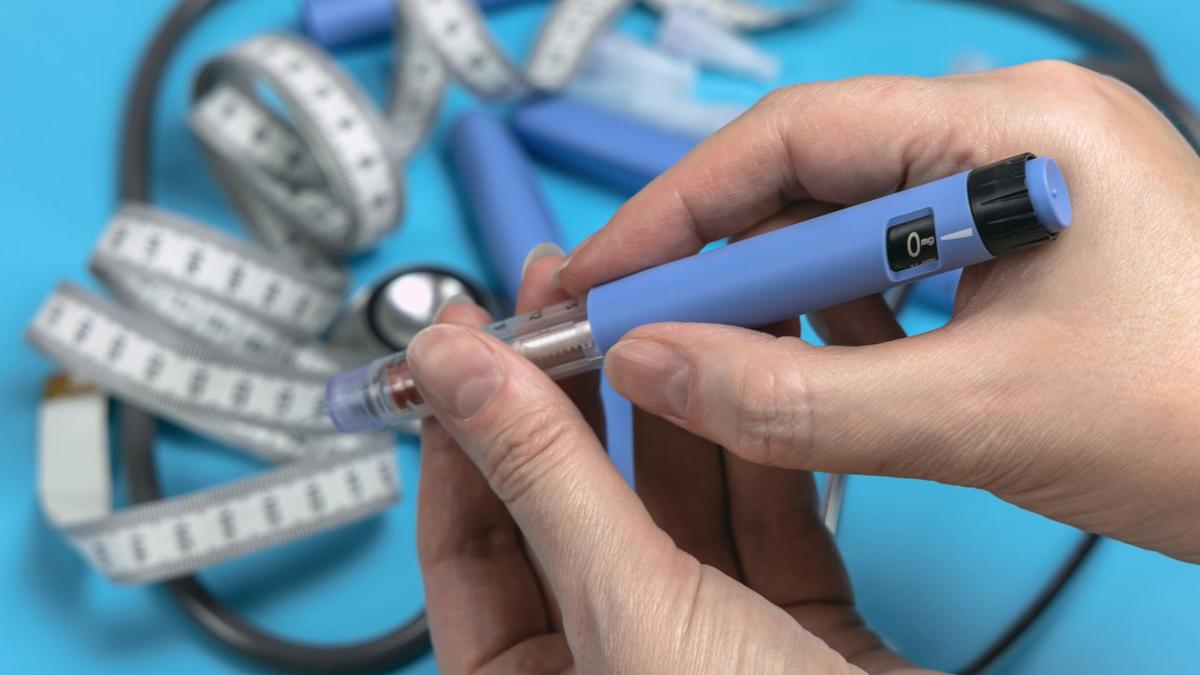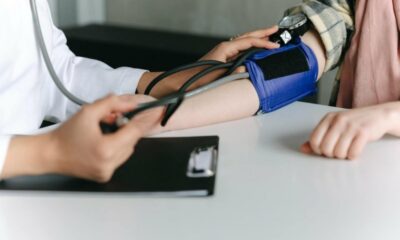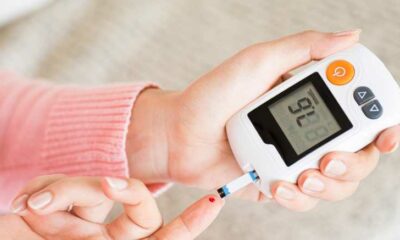The U.S. Food and Drug Administration (FDA) has granted approval for Merilog (insulin aspart-szjj), a biosimilar version of NovoLog (insulin aspart). This marks a significant milestone in expanding treatment options for millions of Americans living with diabetes. Developed by Meitheal Pharmaceuticals and Tonghua Dongbao Pharmaceutical, Merilog is expected to increase access to insulin at more affordable prices.
Understanding the Importance of Biosimilars
Merilog’s approval falls under the Biologics Price Competition and Innovation Act (BPCIA), designed to encourage market competition and provide cost-effective alternatives to brand-name biologics. Biosimilars are clinically equivalent to their reference products, offering similar safety and efficacy but at a lower cost.
The FDA’s decision was based on the phase 3 GEMELLI 1 study (NCT03211858), a six-month trial that evaluated Merilog (SAR341402) in 597 patients with type 1 or type 2 diabetes. The study showed that Merilog was as effective as NovoLog in reducing HbA1c levels (–0.38% vs. –0.30%). It also demonstrated comparable results in fasting plasma glucose, postprandial glucose levels, insulin dosages, immunogenicity, and hypoglycemia rates.
The Urgent Need for Affordable Insulin
Diabetes is a growing public health crisis. According to the American Diabetes Association, 38.4 million Americans—approximately 11.6% of the U.S. population—had diabetes in 2021. This includes around 2 million people with type 1 diabetes, with 304,000 being children and adolescents. The demand for affordable insulin has never been higher.
Since 2023, major insulin manufacturers, including Novo Nordisk, Eli Lilly, and Sanofi, have reduced insulin prices following policy changes and government pressure. Merilog’s entry into the market strengthens competition, which could further drive down costs for patients who rely on rapid-acting insulin.
The Growing Global Diabetes Epidemic
Diabetes cases worldwide have surged dramatically. The World Health Organization (WHO) reports that global diabetes cases have increased from 200 million in 1990 to 830 million in 2022. Low- and middle-income countries have seen the fastest rise in cases. In 2022, an estimated 14% of adults worldwide had diabetes, yet 59% were not receiving proper treatment.
Projections from the International Diabetes Federation (IDF) suggest that by 2045, approximately 783 million adults will be living with diabetes, a staggering 46% increase from 2021. Urbanization, aging populations, sedentary lifestyles, and rising obesity rates are key contributors. In Africa, cases are expected to rise by 134%—the highest increase of any region.
Type 2 diabetes, which accounts for 90% of global cases, was once primarily seen in older adults. However, due to poor diets and increasing obesity rates, it is now becoming more common in children and young adults. Approximately 8.75 million people worldwide were diagnosed with type 1 diabetes in 2022.
Expanding the Biosimilar Insulin Market
Merilog is the latest addition to a growing list of biosimilar insulins, providing more choices for both healthcare providers and patients. The biosimilar insulin market already includes Rezvoglar (insulin glargine-aglr) and Basaglar (insulin glargine), biosimilars of Lantus, manufactured by Eli Lilly. Semglee (insulin glargine-yfgn) remains the only interchangeable biosimilar insulin, allowing pharmacists to substitute it for Lantus without requiring physician approval.
Despite their cost-saving potential, biosimilars face adoption challenges. Unlike traditional generic drugs, biosimilars undergo extensive testing to prove their similarity to reference biologics, leading to higher development costs. Additionally, negotiations with insurers and pharmacy benefit managers influence how widely biosimilars are adopted. Some physicians remain cautious about switching patients from well-established brands, even when biosimilars have demonstrated equal effectiveness.
Market Trends and Future Outlook
As patents on biologic insulins expire, the biosimilar insulin market is rapidly expanding. Pharmaceutical companies are competing aggressively to establish themselves in this space. Sanofi has introduced Insulin Aspart Sanofi, a biosimilar to NovoLog, while Eli Lilly continues to develop biosimilars to capture a larger share of the market. New entrants, such as Gan & Lee Pharmaceuticals, are expanding biosimilar options, particularly in emerging markets.
The growing competition is leading to innovative pricing strategies. Many biosimilar manufacturers are forming partnerships with insurers and government programs to facilitate wider adoption. In some European countries, policies favoring biosimilars have already led to increased market share. The U.S. is slowly following suit, but regulatory challenges and provider hesitancy remain barriers to broader adoption.
Advancing Diabetes Treatment with Innovation
Beyond affordability, biosimilars are driving innovation in diabetes treatment. Researchers are developing next-generation biosimilars with improved features, such as ultra-rapid-acting insulins and longer-lasting insulin analogs. These advancements could enhance glycemic control, reduce injection frequency, and improve patient adherence.
In addition, biosimilars are being paired with advanced drug delivery systems, including continuous glucose monitoring (CGM) devices and smart insulin pens. These integrations provide real-time glucose data and personalized dosing recommendations, making diabetes management more precise and convenient.
Future innovations could also include non-injectable insulin delivery methods, such as oral and inhalable biosimilars. While challenges such as bioavailability and stability remain, clinical trials are showing promising results. If successful, these new formulations could further simplify diabetes management.
The Road Ahead for Biosimilar Insulin
Despite regulatory hurdles, the future of biosimilar insulin looks promising. The Biden administration’s Inflation Reduction Act, which capped insulin prices at $35 per month for Medicare beneficiaries, is a step toward making insulin more affordable. However, many uninsured and privately insured patients still face high costs. Expanding biosimilar adoption could drive down prices across all patient groups.
Merilog’s approval represents progress toward a more competitive insulin market. While challenges remain, continued biosimilar development and policy support have the potential to transform diabetes care. By increasing competition and lowering treatment costs, biosimilars like Merilog are paving the way for a more accessible and sustainable future for people living with diabetes.

 Diabetology2 weeks ago
Diabetology2 weeks ago
 Diabetology1 week ago
Diabetology1 week ago
 Diabetology3 days ago
Diabetology3 days ago
 Diabetology3 days ago
Diabetology3 days ago
 Diabetology3 days ago
Diabetology3 days ago
 Diabetology1 day ago
Diabetology1 day ago













